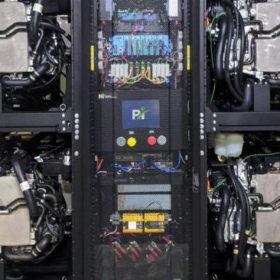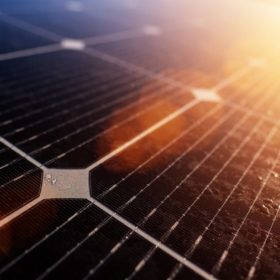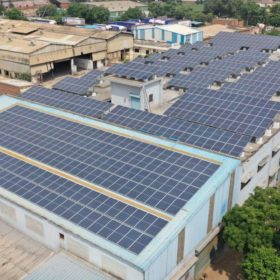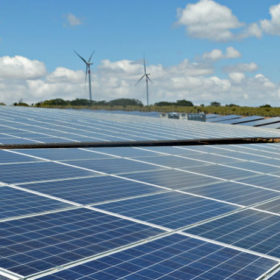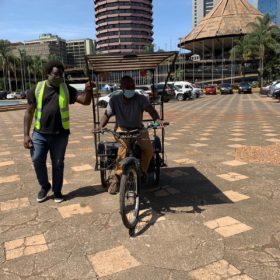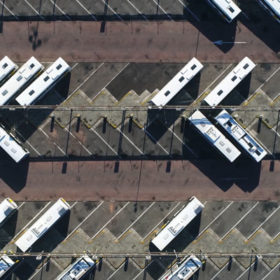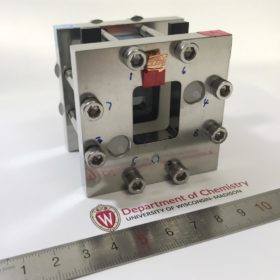Microsoft trials hydrogen-powered data centers
The software giant has begun testing hydrogen fuel cells as a back-up power source at one of its U.S. data centers. A 250 kW pilot system successfully powered part of the facility for 48 hours and the company is now eyeing 3 MW systems to replace back-up diesel generators.
Guidelines for using coal-fired power generation to balance intermittent renewables
The Ministry of New and Renewable Energy has specified how procurement of back-up grid capacity will work for electricity distribution companies. The rules consider energy storage solely as part of the 51% clean energy requirement, and instead contemplate coal – with a variable price tariff element – as necessary for evening out supply.
New all-iron redox flow battery for renewables storage
Scientists in the U.S. claim to have demonstrated an inexpensive, long-life, safe and eco-friendly redox flow battery. The device is said to offer coulombic efficiency of 97.9%, thanks to functional electrolyte additives, pH and elevated temperature.
Another bidding extension for 14 MW solar with 42 MWh battery storage in Ladakh
The Solar Energy Corporation of India has extended the bidding for its solar-plus-storage project in Ladakh by one month. The revised deadline is now September 30.
Commercial and industrial rooftop solar set to surge
Rooftop solar is the obvious choice to save on electricity costs for businesses as they look to preserve capital and find ways to cut expenses post Covid-19.
India to have 60% electricity generation from renewables by 2030
To support renewable energy integration, the government aims to make the thermal capacity flexible, almost 55% in the first stage and gradually extend it to the entire capacity.
The long read: PV + e-mobility = economic development
Mobility in rural Kenya is currently flooded with unsustainable CO2-emitting motorcycles that pose a threat to the environment and public health. But the electric tricycle is an environmentally friendly alternative, and Solar E-cycles – a homegrown Kenyan startup – believes a leasing model could unlock a ton of three-wheeled potential.
Hitachi ABB Power Grids launches charging solution for large EV fleets
The containerised solution integrates grid connection and multiple charging systems, allowing public transport and commercial fleet operators to charge more electric vehicles with less infrastructure in depots.
ARCI develops low-cost supercapacitor utilizing industrial waste cotton and seawater
The seawater-based supercapacitor exhibited maximum capacitances at a current density of 1 ampere per gram. Besides, it can last 10,000 charge-discharge cycles with 99% of capacitance retention and 99% of Coulombic efficiency.
Redox flow battery powered by perovskite solar cells
An international team has developed an integrated solar flow battery which has been suggested as ideal for off-grid locations. The device, which combines energy conversion and storage in one unit, can be used for lighting and recharging cell phones.
